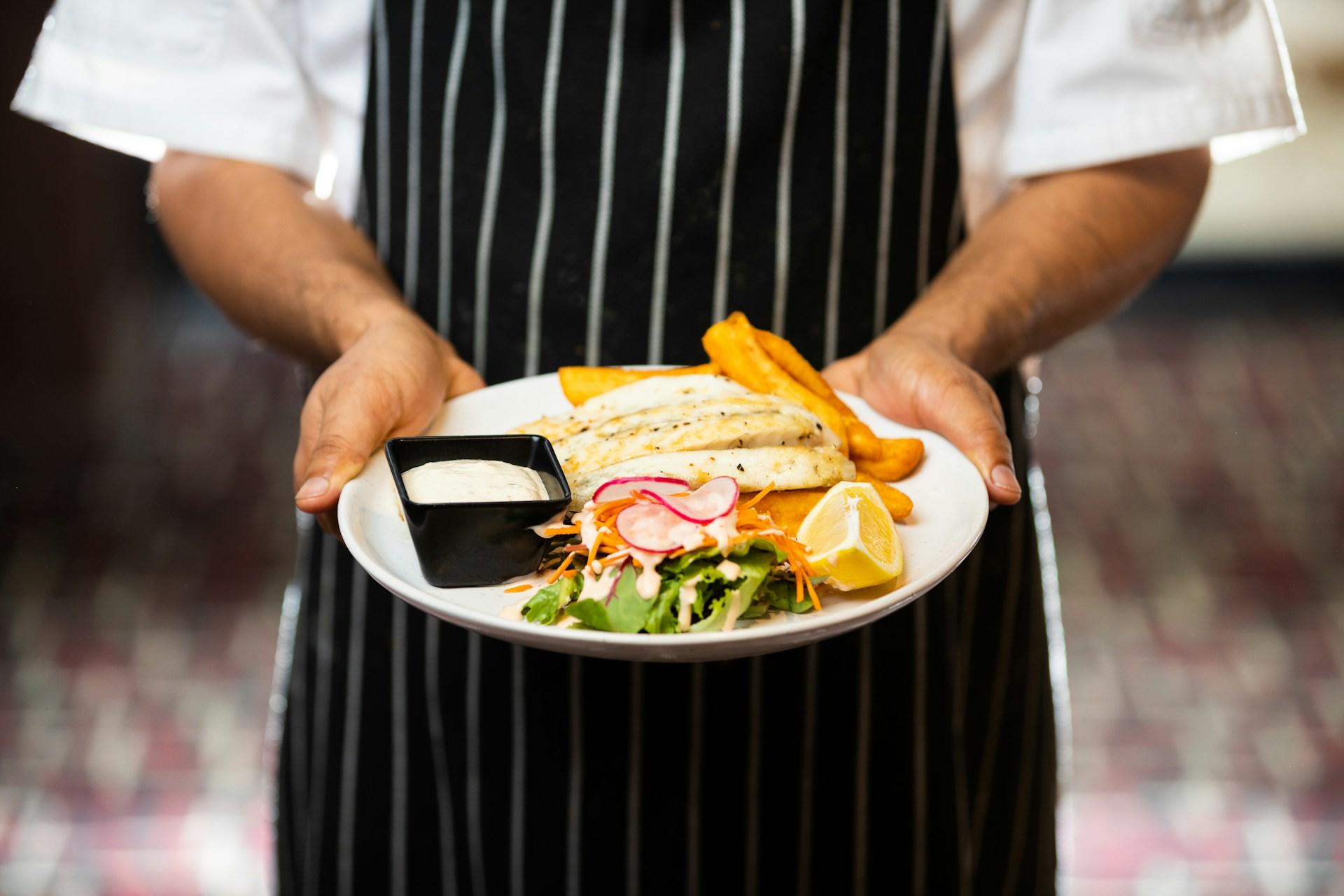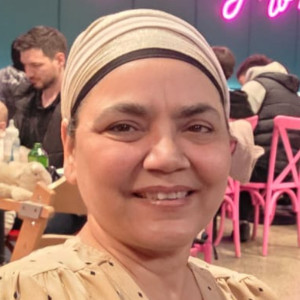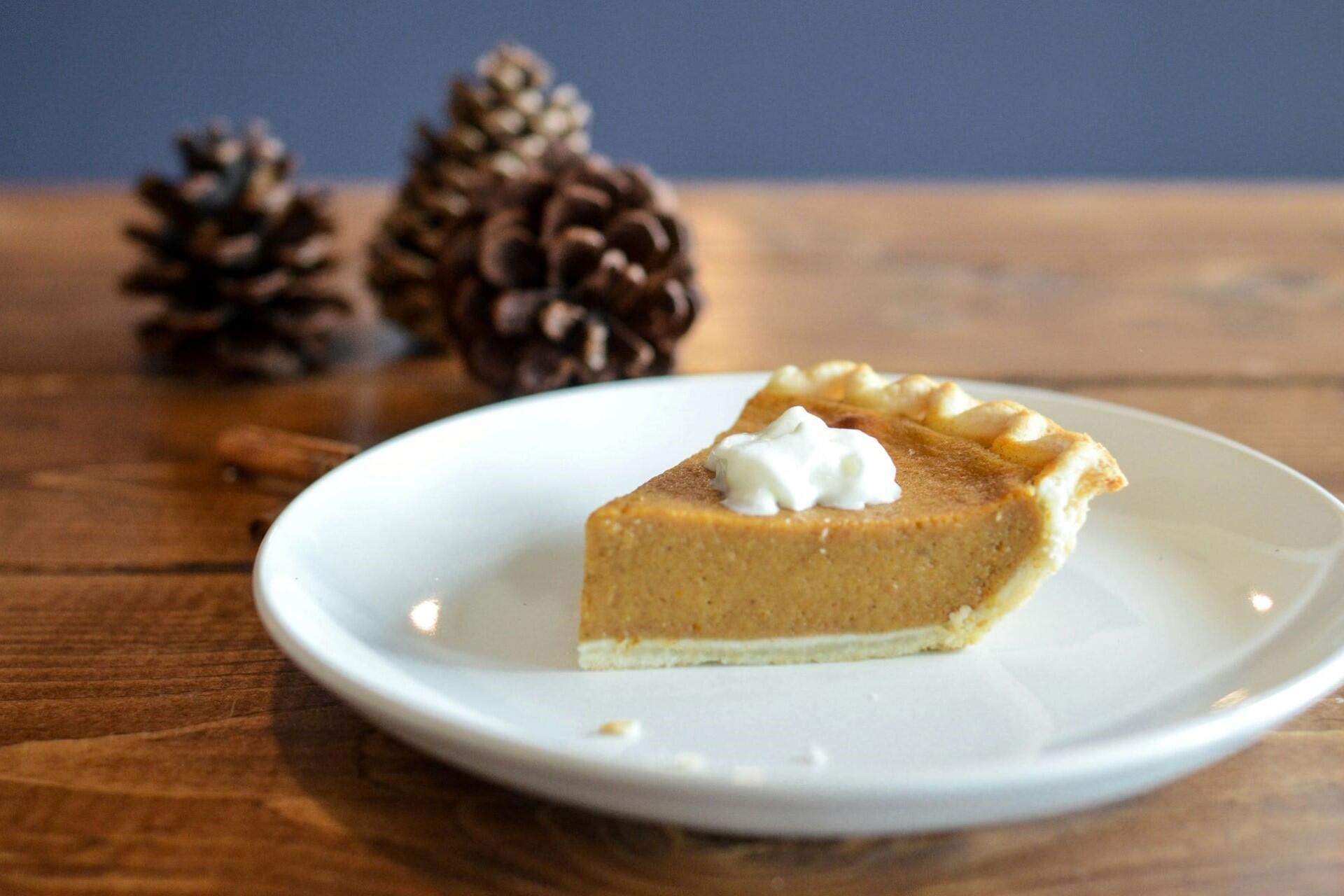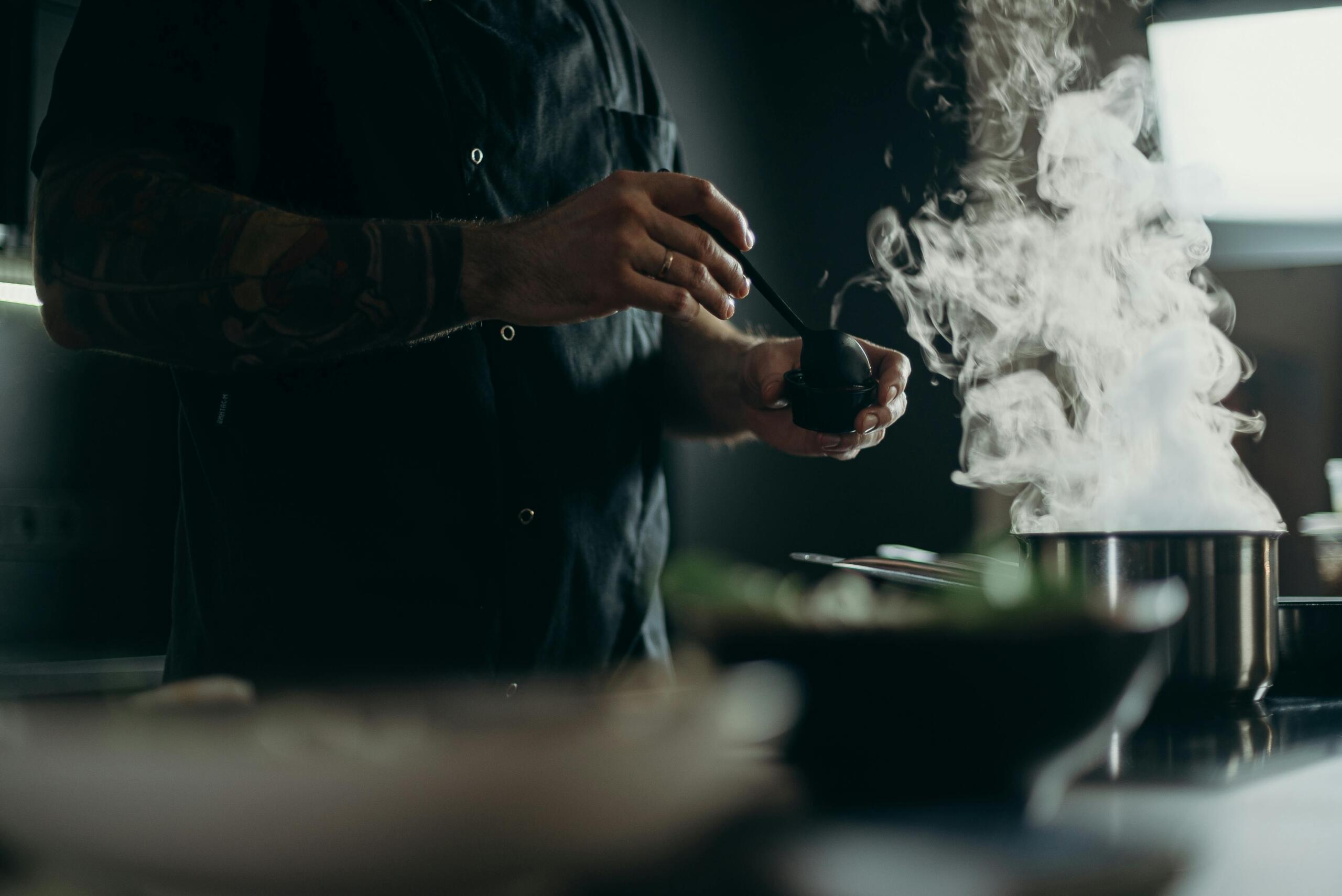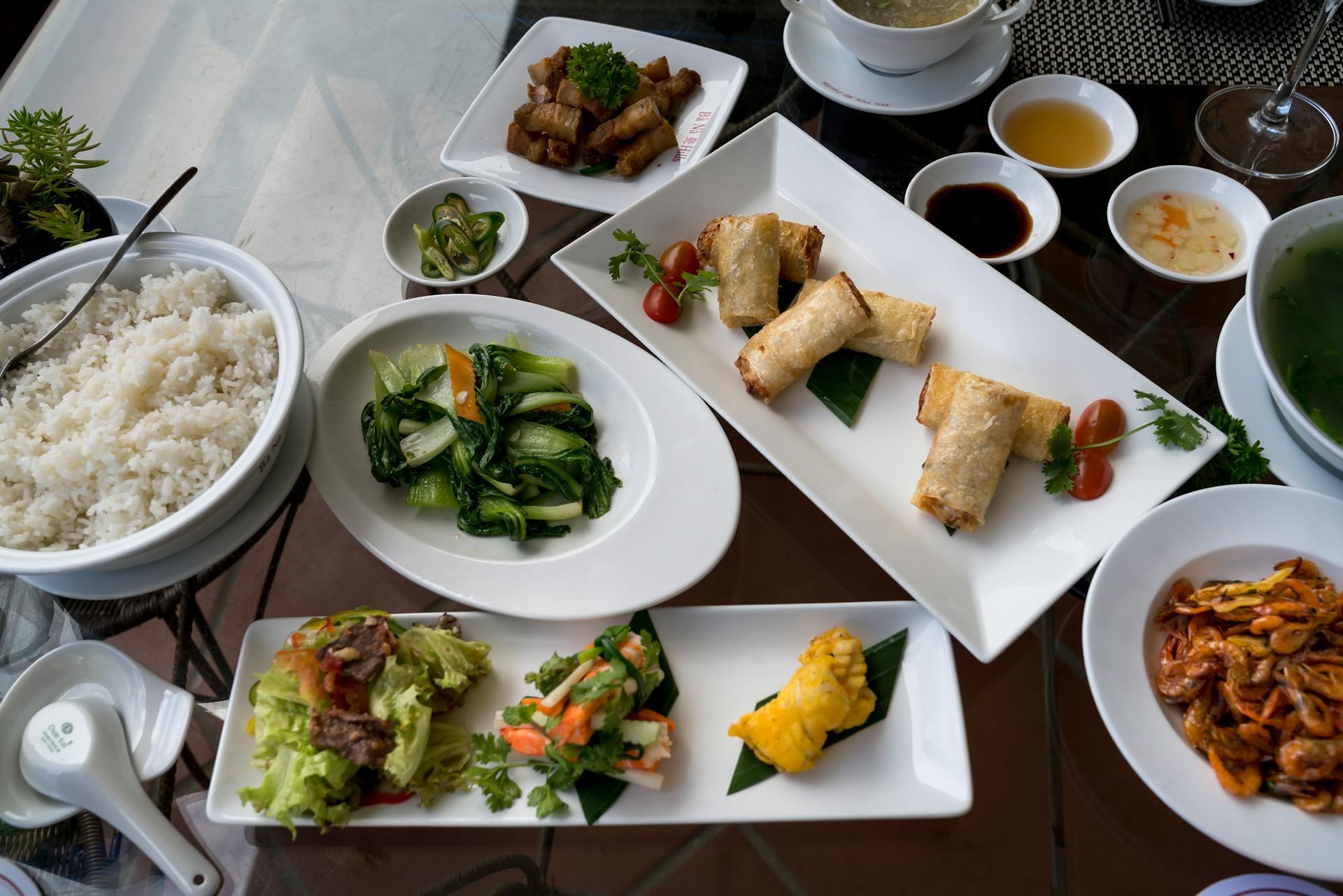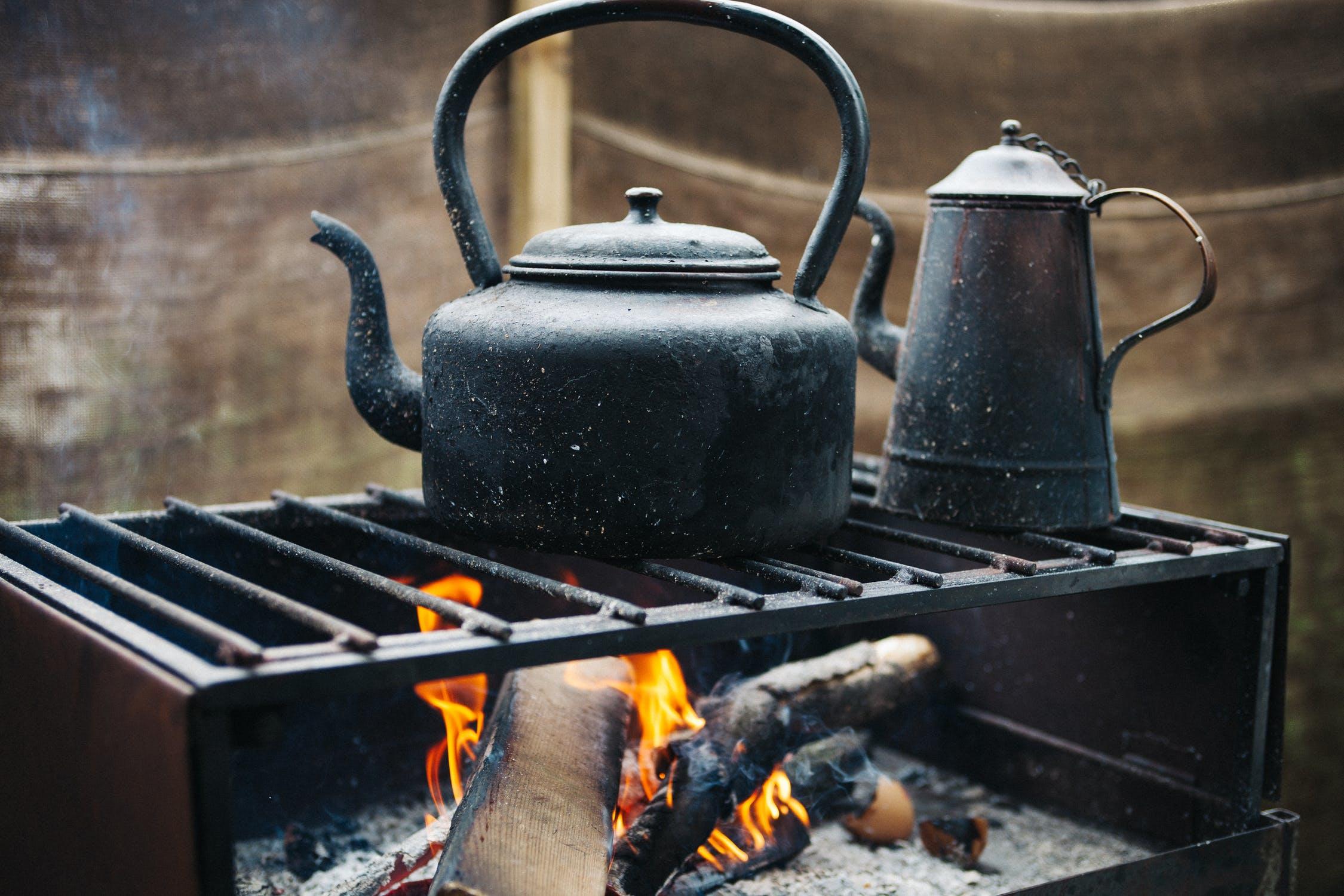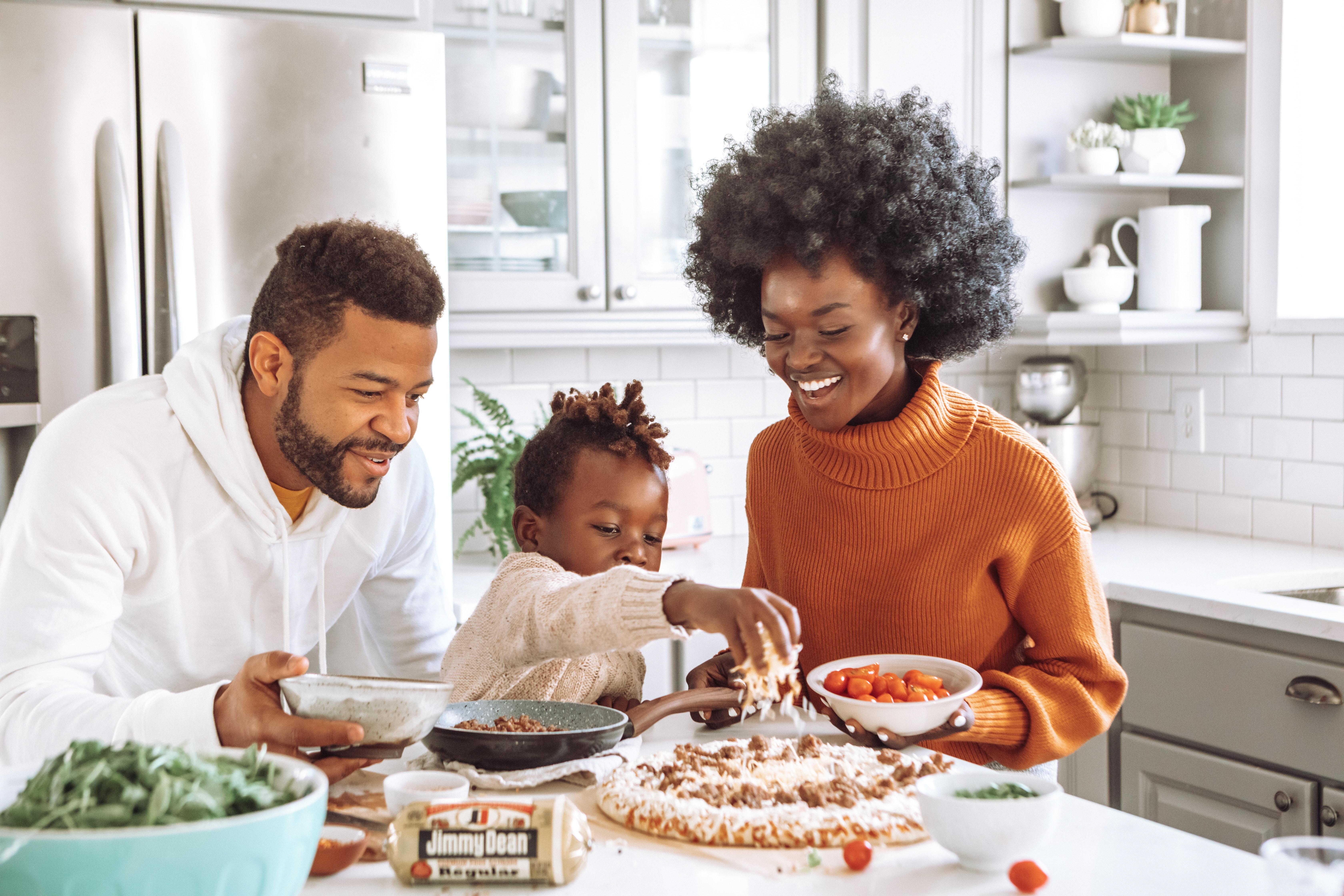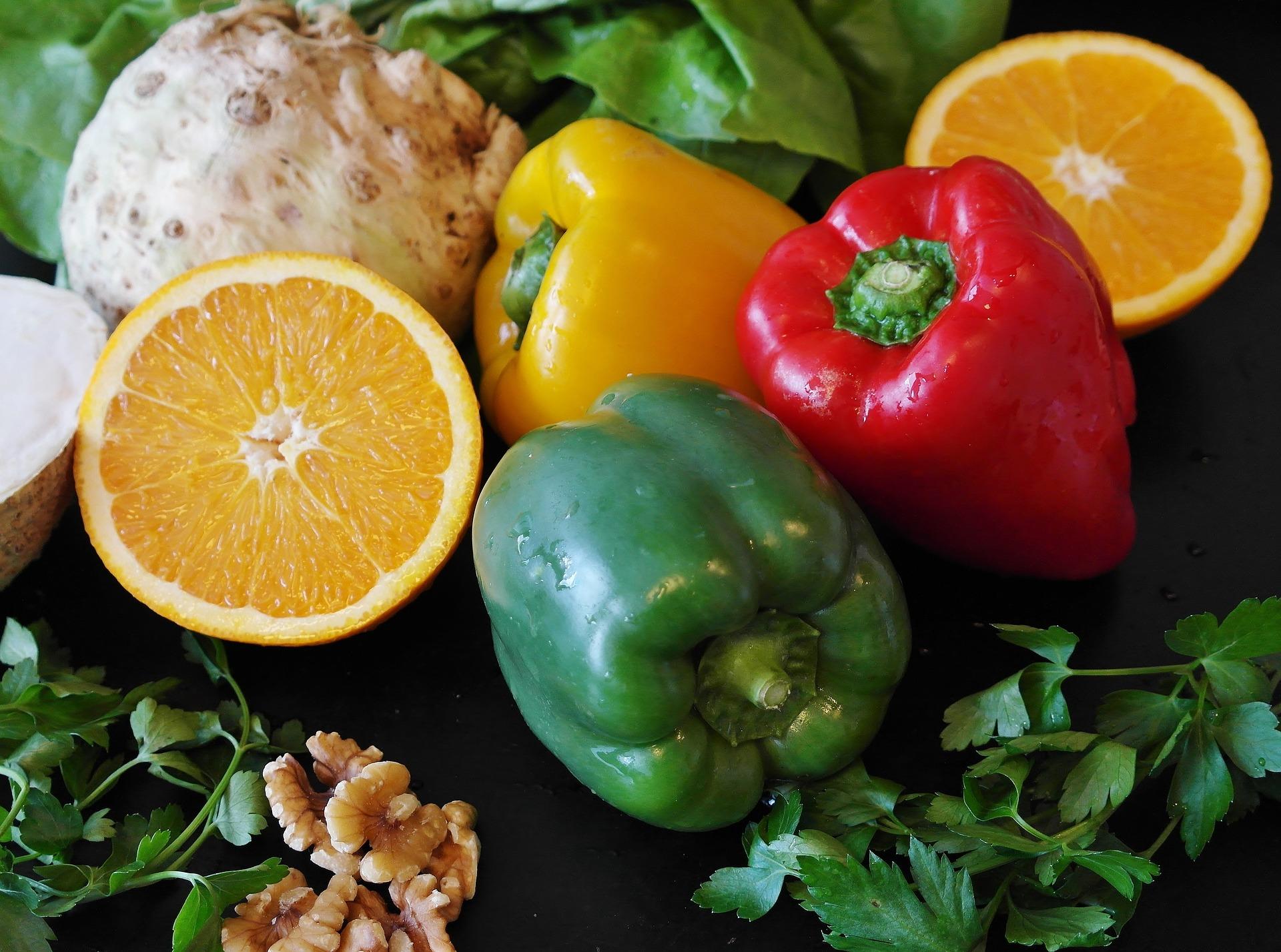Cooking is one of those skills that literally everyone needs to learn, but for some people it can be so much more than this. The art of food can be such a powerful and passionate calling for some people that they want to make an entire career out of it, and can they really be blamed?
Cooking is such a vast and fascinating field that can take you literally anywhere in the world, as there will always be a need for food wherever you go! Of course, you can’t just walk into a fancy restaurant, ask them for a job, and cook whatever meals you like and call it a day.
Being a chef is fun, but it is also a lot of work, and will require you to put in a lot of effort to become one!
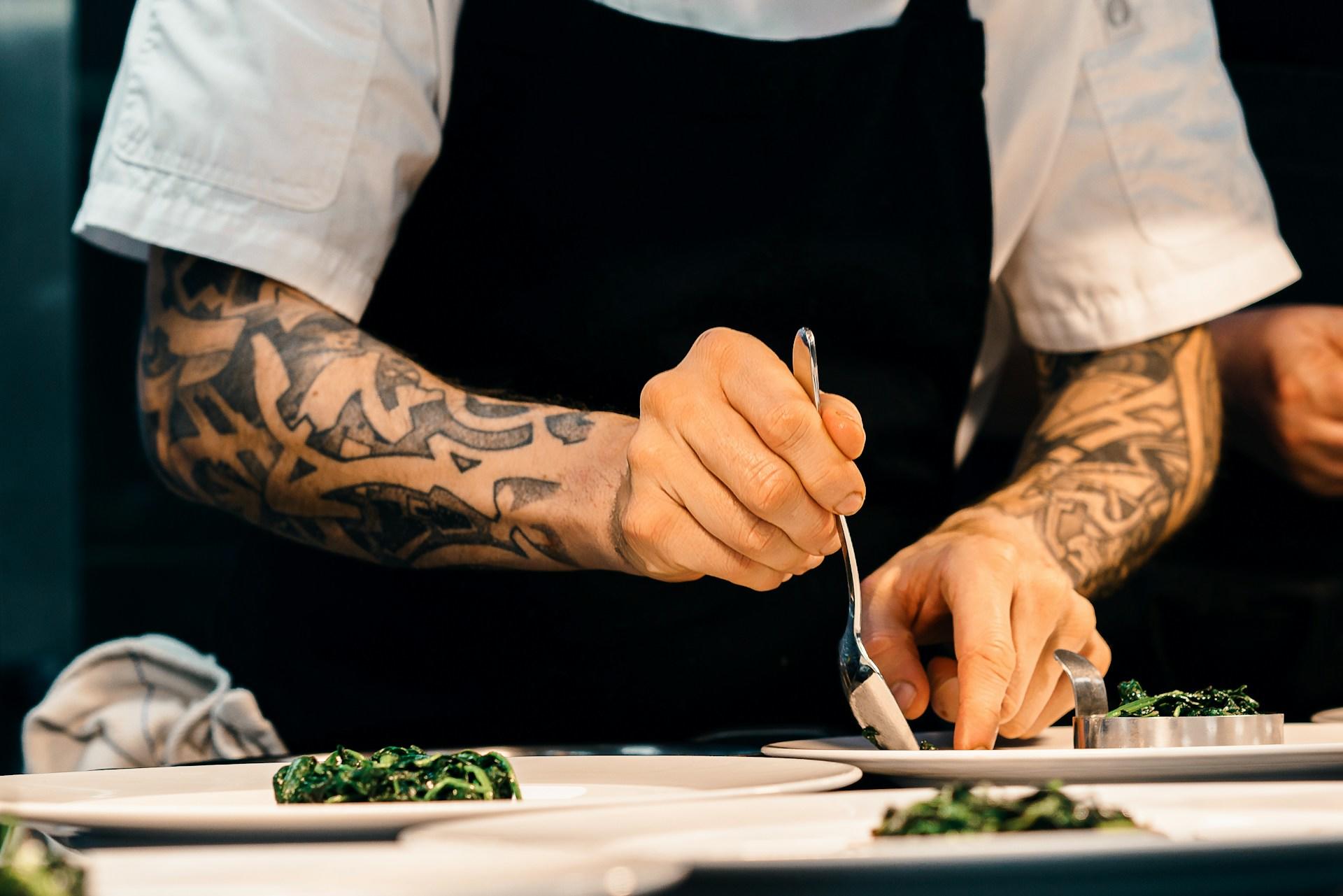

Why become a chef?
There are many reasons you may want to become a chef. If you asked twenty different chefs “why should I become a chef” you would probably get twenty completely different answers.
Whether it’s for the love of cooking, the joy of seeing people enjoy your food, because it’s something you’re good at, or maybe you just always dreamed of running your own restaurant, there is no right answer. However, the one unifying force behind all of these reasons is passion.
Nobody will ever end up becoming a chef by accident, after all! Still, if you’re here reading this article, this probably won’t be an issue for you. After all, why do you become a chef if not for the passion of it? Why become a pastry chef if you don’t love making pastries?
Do you need to love cooking to become a chef?
While it isn’t strictly necessary, the chances that you will find yourself pondering the question of why did you become a chef in the first place are much lower if you do love cooking!
Since a career in cooking is unlikely to lead you anywhere except more jobs in cooking, you would be well advised to love cooking if you want to go into it. However, that’s about all it really needs to be.
You can go and cook anywhere in the world, and you will almost always be able to find a place where you can cook the kind of food you love cooking.
So whether you want to set up a store selling Canadian delicacies in Cardiff, or French pastries in Florida, or even Taiwanese street food in Toronto, you can cook any food you like anywhere!
This is why whether you want to know how to become a chef in Australia or how to become a chef in India, or how to become a chef in literally any country, it’s all the same. You just need to love cooking, and have some credentials. What form those credentials take can vary quite a lot, though!
Can I become a chef without qualifications?
This is a bit of a complex one to answer. What are the requirements to become a chef? While there are not any strict limits on what you need to become a chef, there are plenty of ways you can make yourself more appealing to potential employers.
These can take a lot of different forms, though! Most obvious among them is already having experience in food preparation, but obviously if you are looking to become a chef for the first time this is impossible.
Therefore, there are plenty of other ways you can make yourself look like an appealing prospect as a chef. Most commonly, this is culinary school. It isn’t always obvious what course to become a chef when you are looking at most standard universities, but culinary school is the answer to these concerns!
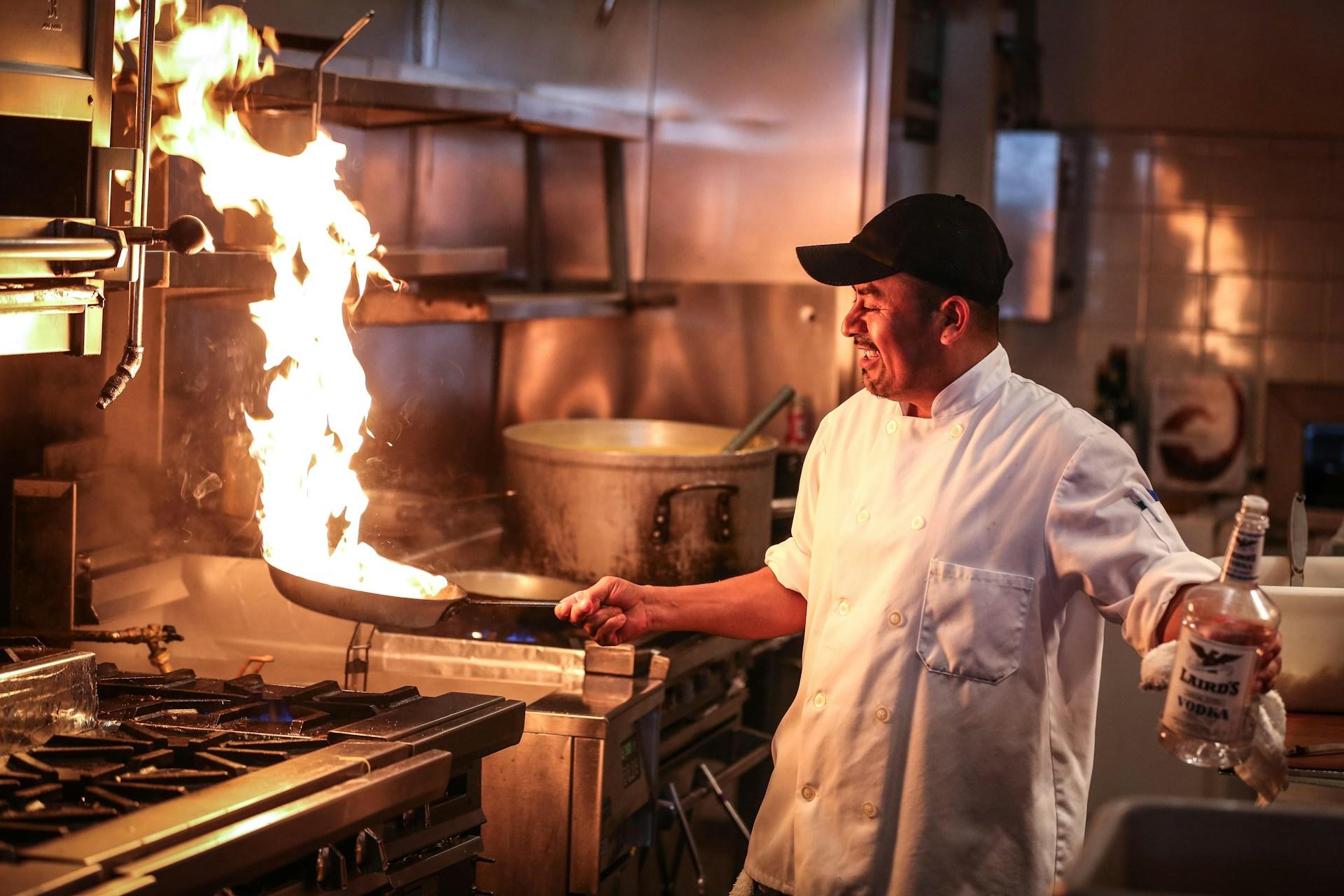
Does it matter what degree to become a chef I take?
The short answer to this is that if you choose to attend culinary school, you will be set up pretty well no matter how you come out of it the other side.
One of the great things about the cooking industry is that while there are hard skills you will be expected to know, these are often quite constant between different types of cooking.
As such, with enough investment of your own time into whatever type of cooking you are interested in, you can become a professional pastry chef even if you learnt how to be a baker in culinary school. But what about what subjects to become a chef when you are still in school?
These are generally less important, although of course taking any kind of subject with a cooking component will be beneficial!
Can you become a chef without culinary school?
Becoming a chef without culinary school as your educational background can be more difficult, but is by no means impossible. However, you will have to make up for the lack of experience at culinary school with other relevant experience.
The most common type of experience to become a chef is working in the service industry in some capacity.
This is because working behind the scenes in a fast food place or working as a waiter in another restaurant often has much lower entry requirements, and gives you some experience working in the industry. This can sometimes be even more valuable to employers than culinary school!
Can I become a chef at 30?
Yes, you absolutely can! There’s no age limit on when you can become a chef. When do you become a chef, if not when it makes sense to you?
Most people don’t even have a strong idea of exactly where they want their life to go until they are 30, so deciding then that you want to become a chef is entirely acceptable. You can enrol in culinary school at any age, or use your experiences in your life so far to find your way into the industry.
In fact, starting later can sometimes be an advantage, as you will likely have the savings by this point to take risks with your career and take it in the direction you truly want to.

Can I become a chef at 40?
Just with becoming a chef at 30, there are actually quite a few benefits to starting your culinary career slightly later.
You can still choose to go to culinary school, but with a much wider breadth of life experience and connections, as well as most likely even more savings, you have many more options available to you.
You can even consider setting up your own establishment, bringing together your life experience and ambitions into something more long term now that you are likely at a more stable point of your life than student years!
Who can become a chef?
There are no restrictions really on who can become a chef! Since all you need is a passion for cooking and something to prove you know what you are doing, be that years of experience or graduation from culinary school.
There really are no other limits! You’ll often find if you talk to chefs at many restaurants, you will get an equal mix of those who knew from childhood that they wanted to become chefs, and those who only discovered their passion for cooking later in life. This is no bad thing, though!
Is it hard to become a chef with no experience?
If you want to know how to become a chef with no experience, the simple answer is that it takes a lot of work. In essence, the irony is that to become a chef with no experience, you need to get something that is equivalent to experience.
This can either be culinary school, or some other form of training or experience. This doesn’t always have to be expressly related to being a chef, though! If you find yourself wondering “can I become a chef by doing hotel management?” the answer is that you actually can.
You normally have to have two kinds of relevant experience that can feed into getting you into a position as a chef, though. This is basically to prove you have all of the relevant skills!
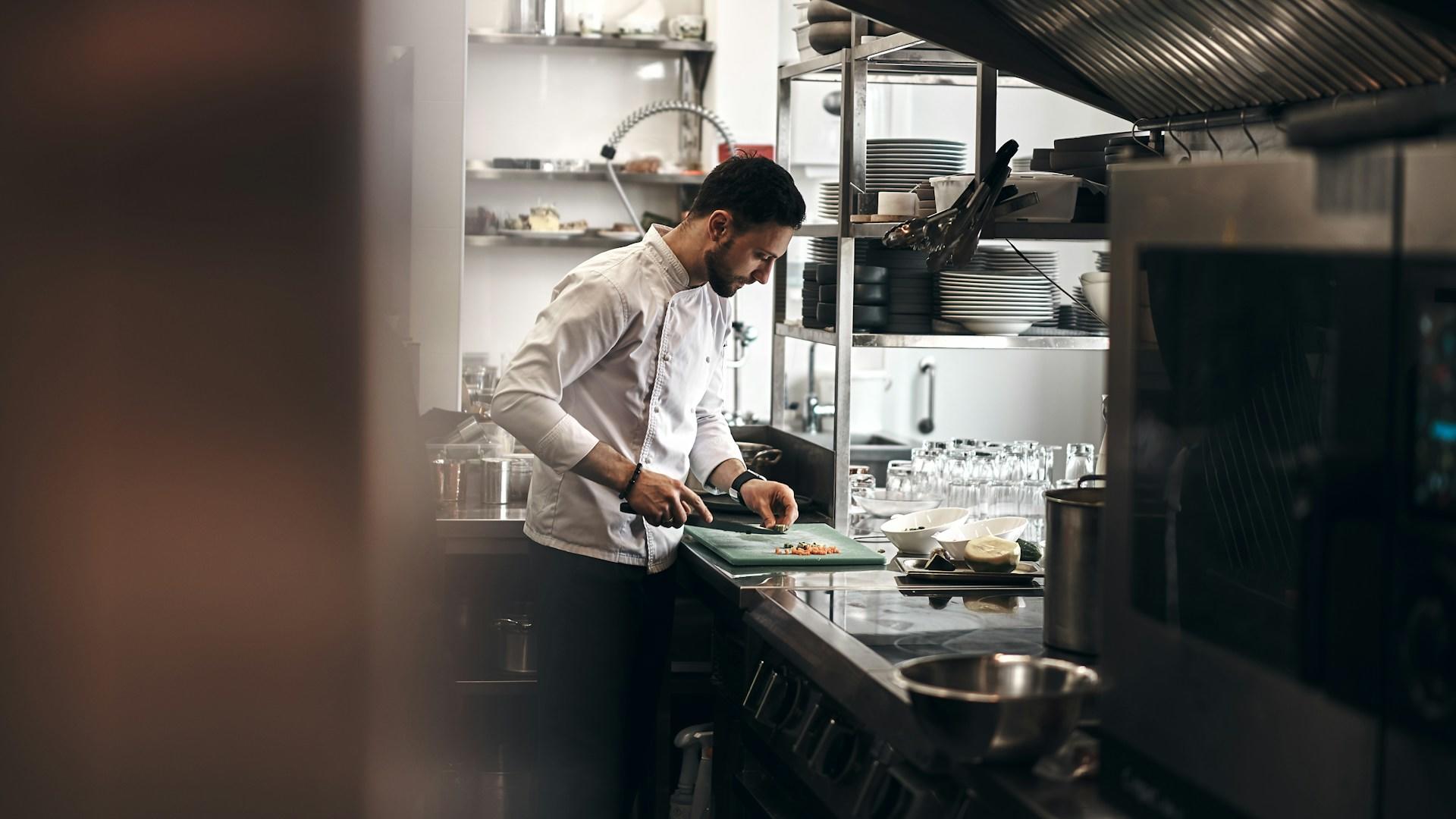
If you want to give yourself some experience and skills to help on your cooking journey, Superprof can be here to help you get some direction!
A few sessions with a Superprof coach can take your cooking to the next level, whether that’s up to cooking yourself healthy meals or learning to prepare dishes that you could serve in a five-star hotel. Cooking is a noble art, and learning from an expert is the best way to learn it!
With many tutors on Superprof offering their first lesson for free, there’s never been a better time to start on your culinary journey, whether you prefer learning face to face near you or online.
While you might not think cooking is the kind of skill you can get tutoring for, it’s actually one of the skills that learning directly from another person is best suited for, especially if you want to take your cooking quickly up to an extremely high standard.
So whether you’re in culinary school, already a chef, or wanting to get started in the industry, a Superprof cooking tutor can help you unleash your best inner chef!
Summarize with AI:

